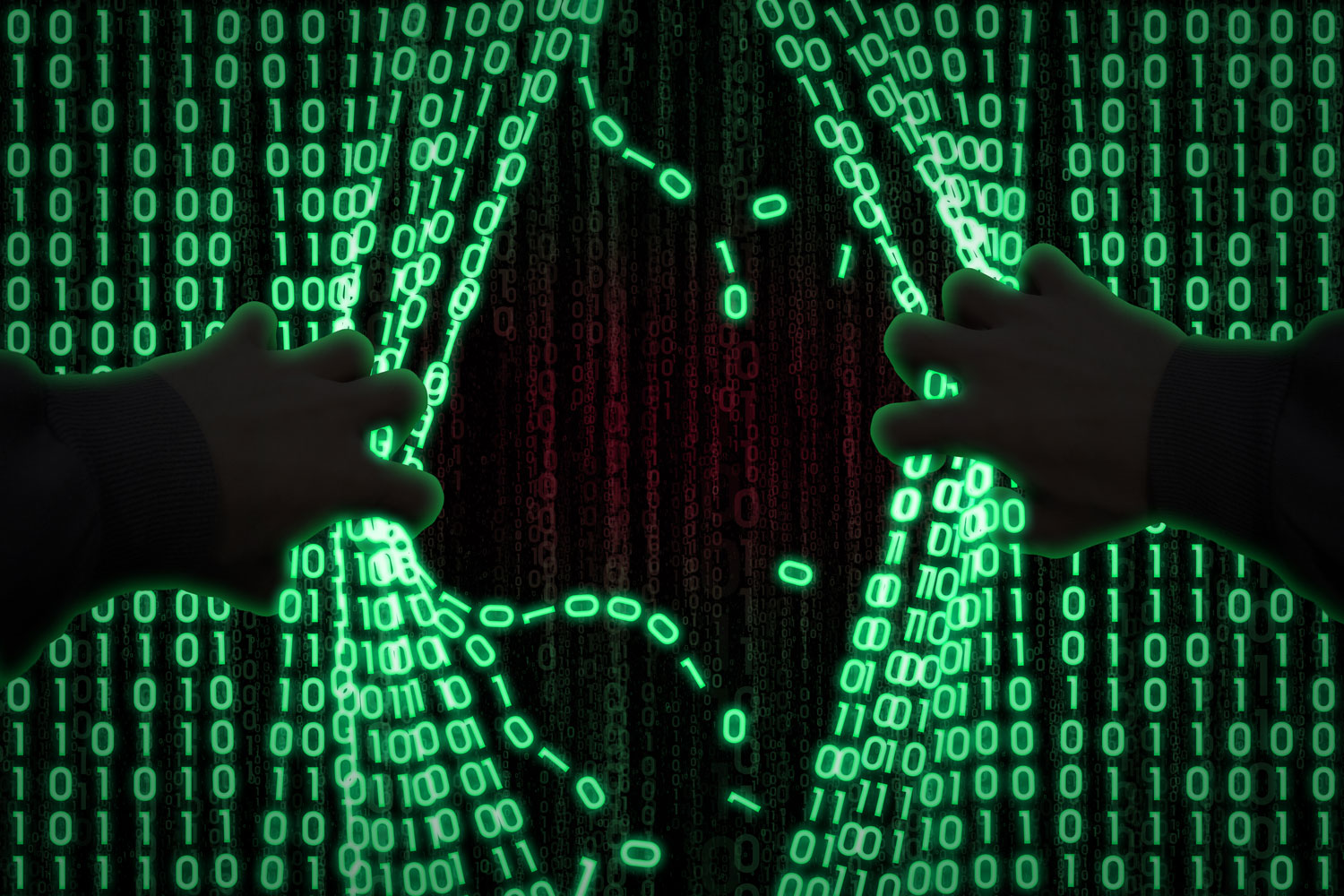Modern homes can protect their light bulbs, baby monitor, refrigerators and connected television from the activities of hackers. According to available research at our disposal, by the year 2021, about 50% of all households in North America will be protected from hackers.
Hackers never rest, they keep on creating new anxieties and problems for homeowners. They can break into your apartment through various hacking devices usually operated remotely through online portals and apps.
Thus, to protect yourself from these, you need to have home security list. This will help to secure your phones and computers that control them. This means that you need to keep hackers out of emails and other accounts.
Always beware of hackers, they use various strategies such as phishing scams to get their victim’s usernames and passwords. Sometimes, they pose as banks or legitimate organizations to trick users. Please note that no bank will ever ask you to send your username or passwords, because all those details are stored in their database.
Don’t ever disclose your personal details to any email asking for your personal information. Here are some helpful ways you can perfectly protect your connected home devices from hackers. The ideas shared here have been tested and proven over time:
Use multifactor authentication
You need to have an additional multifactor authentication outside your password; operating your connected home device with a password is simply not enough. You need an extra level of authentication, which could be a one-time code or security key received by a text or phone to keep unfamiliar parties out of your smart devices.
The good news is that if a hacker succeeds in stealing your username and password, they will still be unable to have access to your email and sensitive data. This happens if and only if you employ two-factor authentications.
Install malware protection
You should have some form of malware protection on your computers and phones, including but not limited to MacBooks. This is good, and it will help to safeguard your home devices.
For example, if an app comes up which you are unfamiliar with, the program will simply notify you and as well prevent malicious software from harming your device. You will be posing a big threat to your computers and phones if you refuse to install malware protection on your smart devices.
Only use well-known devices
You need to be careful of the antivirus programs you download, especially the free ones. In fact, some of them are virus themselves, instead always strive to use well-known services vetted by security experts.
Please don’t pick up any unknown CD or USB drive from outside your home and slide into your computer or phone. Often hackers leave such devices in an open place where potential victims can have access to them, and most times they are equipped with malicious software. They will just leave CD or USB drive where people can easily see them.
Sometimes when you see it, you will think they forgot it, without knowing that they are actually using it as a ploy to get at potential victims. Desist from engaging in such nefarious activity because you absolutely don’t know where it has been.
Change the admin username and password on the router
Make sure you change the usernames and passwords of your phones and computers; their generic usernames and passwords are always published online, so hackers can easily have access to it if they wish, but changing them on the router will help you to stay safe.
Pay attention to brands
Take accurate steps to secure your connected home devices from hackers. Some brands are making frantic efforts at all times to see that they protect your devices from the activities of hackers.
Create a separate Wi-Fi system for home devices
Routers usually come with a guest network and ensure the one you have comes with a strong password and it is encrypted. Creating a separate Wi-Fi system for your home device will save you from the antics of hackers who are prowling around like a roaring lion searching for connected home devices to hack.
Was this article helpful? Kindly share your ideas in the comment box below!
Thanks for reading this article. If you're new here, why don't you subscribe for regular updates via RSS feed or via email. You can also subscribe by following @techsling on Twitter or becoming our fan on Facebook. Thanks for visiting!





















































































































































































